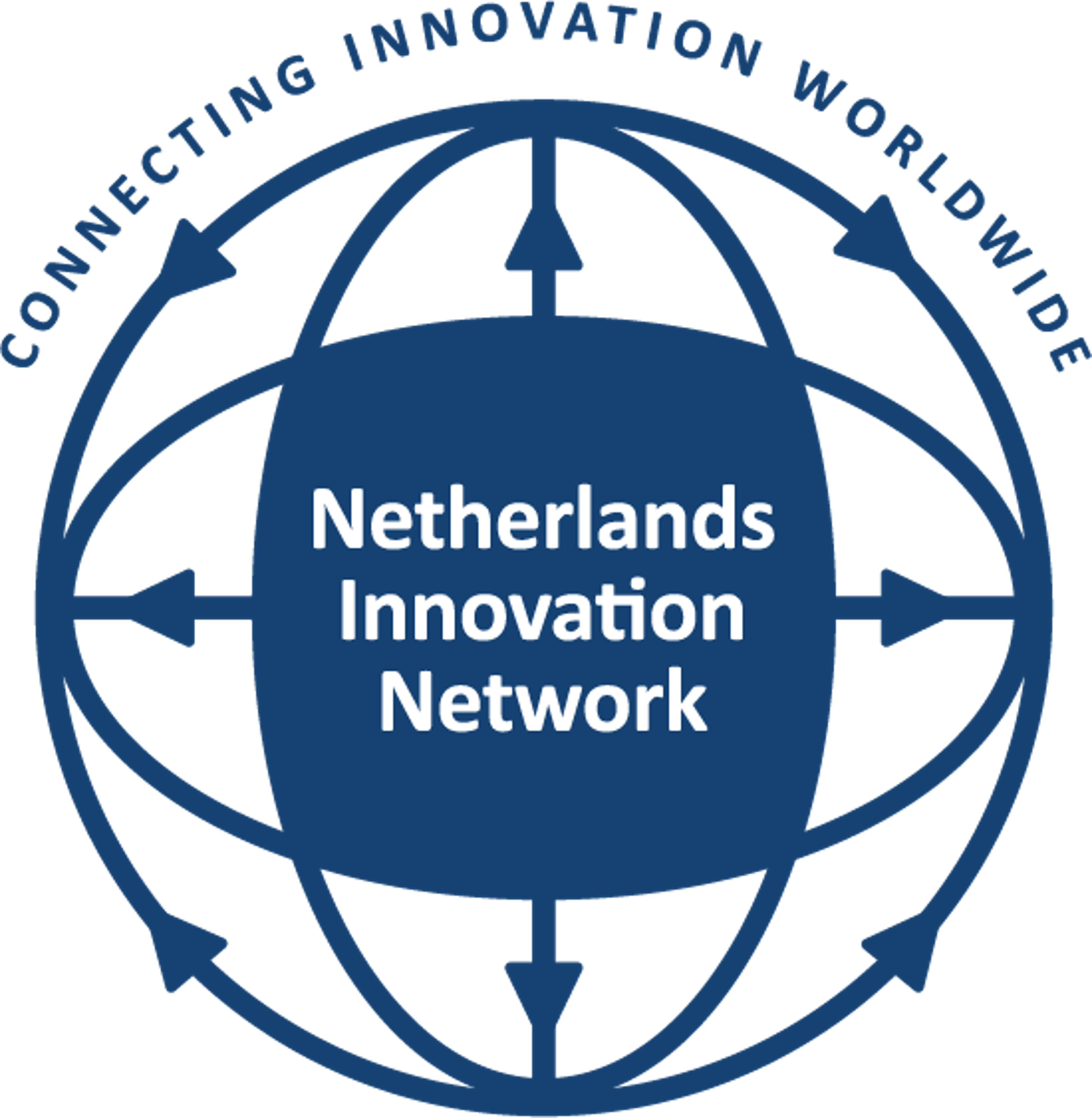Summary
An informal science lecture in Shanghai, organized by the Netherlands Office for Science and Technology, took place in June. Professors Röttgering (Leiden) and An Tao (Shanghai) inspired an audience of ca. 25 with insights in the field of astronomy.
In June 2015, professor Huub Röttgering from Leiden University visited professors Hong Xiaoyu and An Tao of the Shanghai Astronomical Observatory of the Chinese Academy of Sciences. Röttgering is the director of the Leiden Observatory, one of the largest astronomy institutes worldwide. Both institutes jointly participate in a network of global projects.
Astronomy is generally conceived as a complex subject. In spite of this, it sparks the interest of many. Reason might be that it challenges everyone’s ability to conceptualize understanding of time, space and matter, as well as the origin of life. The Netherlands Office of Science and Technology (NOST) therefore gladly responded to the wish of Röttgering and An Tao to organize a popular science seminar on their field of research. To provide a platform, NOST partnered with BioWin (one of the Belgian life-science clusters) to host an informal “Understanding Science” event. As a result, a diverse audience of ca. 25 people gathered in a local café of the early evening of June 30, among which entrepreneurs, students, seasoned managers and even one 11-th grade student.
The two professors set out to make some of their insights understandable to all participants (insights derived from events that took place from 1-e30 seconds after the Big Bang onwards; before this point in history (ca. 30.6 billion years ago) Röttgering and An Tao did not intend to make any claims). Röttgering set himself the ambitious goal to clarify the origin of the universe and life within one hour, as well as the impact of astronomy research on society. An Tao focused on the demand for advances in data technology, in order to deal with the vast amount of data produced by astronomical observations every day.
The audience learned that, most likely, the earliest stars were born from an accumulation and condensation of hydrogen and helium. Within any star, nuclear synthesis introduced novel elements. At some point, a star would explode, filling its surrounding space with its content. Thereby the stars’ first life-cycle would end and a new one would begin. For instance, our solar system is the result of a number of such gas-to-star lifecycles, and the elements that the earth and its inhabitants are composed of hence find their origin in stars that preceded our Sun.
Observing the universe lies at the basis of our understanding of it. The tool of choice here is the telescope. Throughout time, optic telescopes have been enriched by radio telescopes, telescopes have been positioned in space, and nowadays telescopes have become extremely large (such as the EU-Brazil funded Extremely Large Telescope in Chile, with a mirror of >30 meters). Other developments are the use of sensors, which are positioned on arrays spanning large territories (such as the Low Frequency Array in a number of EU countries), or networks that are globally connected (such as the Square Kilometer Array in South Africa and Australia, with a pilot in China). With billions of Euro’s invested, we now know that 73 % of our universe exists of dark energy, a concept that even astronomers find difficult to grasp.
Not quite an anticlimax though. In the slipstream of the observation technology developed by astronomers, the world has been enriched with image processing, GPS chips, X-ray detection techniques and Wi-Fi, just to name a few. Astronomy continues to play a dominant role in the development of information technologies in order to deal with the vast amount of collected data. For instance, real-time data from all astronomical observations combined would occupy an optic fiber spanned around the Earth for nearly 2 weeks. Astronomy has become a true big data challenge, and its solutions are expected to find applications in commercial endeavors as well.
By observing the universe, we have been able to modernize our own societies. This has been achieved by connecting bright minds to enormous investments from the public domain and visionary policies on a global scale. And: the joint presentations in the informal seminar clearly demonstrated the strong international collaborative spirit in this field. As data has become such an important aspect of the economy, it is expected that advances in information technology go increasingly hand in hand with business development. Professor An Tao expressed his wish to position Shanghai as an international data hub. An improved infrastructure and attractive business potential could pave the way, and Dutch stakeholders should be set to go and get involved in this major ambition as well.
Sources, further reading
